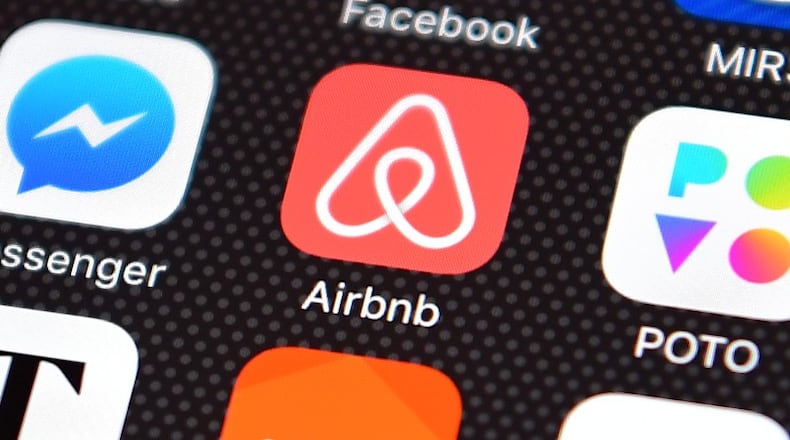Thinking of hosting an epic New Year’s Eve party at that nice big house listed on Airbnb?
It didn’t take until 2025 for the robots to learn how to kill your buzz.
The company, cofounded by a Snellville native, is using artificial intelligence it calls “anti-party defenses” to block bookings that seem to be for New Year’s bashes.
“While issues are rare, we want to do our part to help reduce the risk of unauthorized and disruptive parties,” Airbnb Global Head of Operations Tara Bunch said in a press release. “Airbnb is committed to supporting hosts and the communities they live in, and we hope these defenses allow guests, hosts and neighbors to celebrate the holiday with added reassurance.”
The technology is in effect nationwide and in Canada, the United Kingdom, France, Spain, Australia and New Zealand, said Airbnb spokesperson Liz DeBold Fusco.
Last year, the technology blocked nearly 74,000 people around the world from booking entire homes on Airbnb on New Year’s Eve, including about 1,800 reservations in Georgia and 730 in Atlanta, said Fusco.
The system will block one- to three-night reservations of whole homes that include New Year’s Eve and are deemed “higher risk.” The technology assesses how far the listing is from the person attempting to book it and how far in advance the reservation is being made, according to the release.
“Guests who can make reservations will need to confirm that they understand that disruptive and unauthorized parties are not allowed on Airbnb, and they face suspension or removal from the platform if they violate this policy,” the press release said.
The Atlanta City Council has grappled with regulating short-term rentals to thwart “party houses” that become neighborhood nuisances, without hurting property owners who depend on the income from rental sites including Airbnb and Vrbo. Suburban jurisdictions, including Dunwoody, Brookhaven, Peachtree Corners and unincorporated Cobb County, have regulated short-term rentals to varying degrees.
In Cobb County, for example, short-term rental owners must notify neighbors and homeowners associations about their rental property and designate a local agent who can address complaints. Some cities limit the number of short-term rentals within neighborhoods, while others all but ban them outright.
Cities including Atlanta, Dunwoody and Sandy Springs also adopted “party house ordinances” that outlaw renting homes for the explicit intent of hosting large-scale gatherings.
Airbnb two years ago banned “disruptive parties” worldwide, including open-invite gatherings advertised on social media. The company uses AI year-round to screen for “party risk,” by reviewing language on Airbnb’s messaging platform and the guest’s history, among other factors.
Brookwood High School graduate Joe Gebbia and his roommate, Brian Chesky, founded Airbnb in 2007 when they rented out their San Francisco living room with air mattresses to earn money for rent.
It’s an entrepreneurial success story with some unintended consequences. Gebbia’s hometown of Snellville adopted an ordinance requiring business licenses for short-term rentals after the arrest of a man accused of using an Airbnb there to stash drugs.





